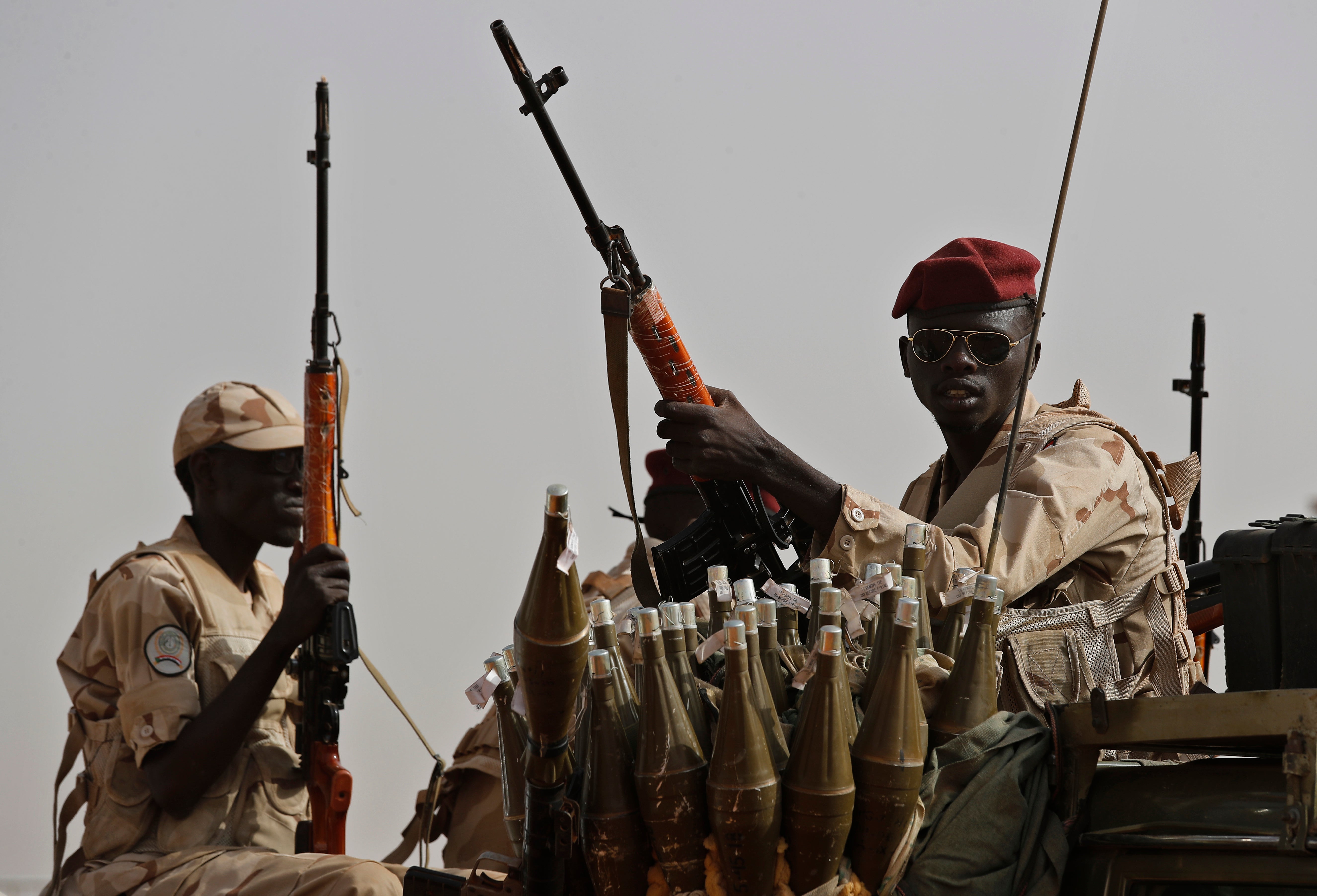Sudan accuses UAE of fueling war with weapons to paramilitary rivals. UAE calls claim `ludicrous'
The Sudanese government is accusing the United Arab Emirates of fueling the 14-month war in the African country by providing weapons to a rival paramilitary force

The Sudanese government accused the United Arab Emirates on Tuesday of fueling the 14-month war in the African country by providing weapons to a rival paramilitary force. The UAE dismissed the allegation as “ludicrous,” calling “a shameful abuse by one of the warring parties.”
The clash came during a U.N. Security Council meeting at which Assistant Secretary-General Martha Pobee warned that atrocities are being committed along ethnic lines in Sudan’s western Darfur region.
She urged an immediate cease-fire in the North Darfur capital, El Fasher, which is besieged by the paramilitary Rapid Support Forces, “to prevent further atrocities, protect critical infrastructure, and alleviate civilian suffering.”
Sudanese Ambassador Al-Harith Mohamed accused the paramilitary Rapid Support Forces of “destructively launching” its war with the Sudanese military and attacking civilians, aided by weapons from the UAE.
He said that Sudan has evidence of the UAE supplying weapons and that the government will submit a file on UAE actions to the International Criminal Court.
The UAE's ambassador, Mohamed Abushahab, said those were “false allegations” and demanded to know why Sudan’s government refuses to return to peace talks.
Turning to Sudan’s ambassador seated beside him at the Security Council’s horseshoe-shaped table, Abushahab said: “You should stop grandstanding in international fora such as this and instead take responsibility for ending the conflict you started."
U.N. experts monitoring an arms embargo in Darfur reported “credible” evidence in January that the UAE sent weapons to the Rapid Support Forces several times a week from northern Chad. U.S. Ambassador Linda Thomas-Greenfield on Tuesday reiterated a U.S. appeal to all “external actors to stop fueling and prolonging this conflict, and enabling these atrocities, by sending weapons to Sudan."
Speaking to reporters after the meeting, Sudan’s Mohamed urged the council to “walk the extra mile by naming and shaming the United Arab Emirates."
Edem Wosornu, operations director for the U.N. humanitarian office, told the council the lives of 800,000 civilians trapped in El Fasher “hang in the balance,” echoing the risk of mass atrocities and warning that the violence in the encircled city “is just the tip of the iceberg.”
She said indiscriminate bombings are affecting millions of people in Darfur, sexual violence remains rampant, and “famine is imminent.” Almost 5 million people face emergency levels of food insecurity and over 2 million in 41 “hunger hotspots are at high risk of slipping into catastrophic hunger in the coming weeks,” Wosornu said.
Two decades ago, Darfur became synonymous with genocide and war crimes, particularly by the notorious Janjaweed Arab militias, against populations that identify as Central or East African. Up to 300,000 people were killed and 2.7 million were driven from their homes.
Sudan plunged into conflict again in mid-April 2023, when long-simmering tensions between its military and paramilitary leaders broke out in the capital, Khartoum, and spread to other regions including Darfur. The U.N. says over 14,000 people have been killed and 33,000 injured.
The paramilitary Rapid Support Forces was formed from Janjaweed fighters by then Sudanese President Omar al-Bashir, who ruled the country for three decades before being overthrown during a popular uprising in 2019. He is wanted by the International Criminal Court on charges of genocide and other crimes during the conflict in Darfur in the 2000s.
Last Thursday, the Security Council adopted a resolution demanding the Rapid Support Forces immediately halt its siege of El Fasher — the only capital in Darfur it doesn’t control. The council also urged the paramilitary force and Sudan's military “to seek an immediate cessation of hostilities.”